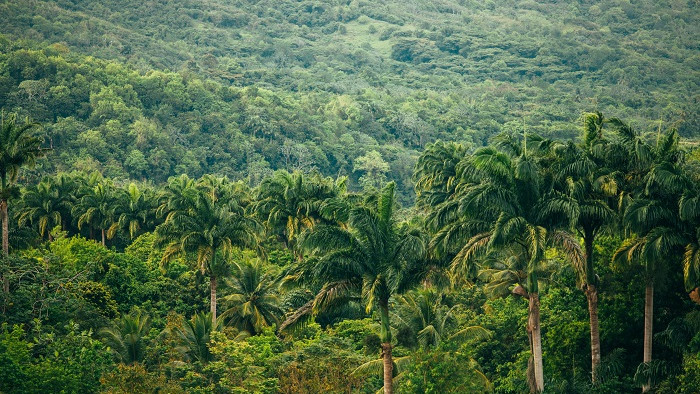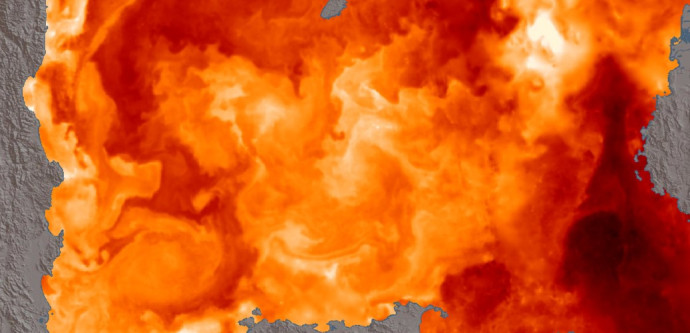ITINERARY. Ecology
The environmental theme remains crucial in any reflection on the present and the future, due to the almost total consensus regarding the severity of the climate crisis. Far from addressing merely technical issues confined to the realm of science, it is a matter that involves economy, politics, health, human rights, and global stability. The impacts of climate change and environmental degradation disproportionately affect the most vulnerable and impoverished communities, making the ecological perspective also a matter of social justice, as it is about protecting the groups most exposed to these risks.
If we wish, we can view it through the lens of well-being, since nothing has such a direct, multidimensional, and lasting impact on the well-being of humanity (or its absence) as environmental issues. This well-being is what is referred to in the title of one of the first sessions of the Biennial, Degrow for a better life?, posed in interrogative form because it contains a significant implicit question: can the prevailing economic and social model continue to grow indefinitely without leading us to environmental collapse? Jason Hickel, an anthropologist and expert in degrowth, will share the keys to his research and his vision of a possible post-capitalist economy with all its social, labour, and health implications.
Continuing with well-being, inertia often leads us to think of it as an exclusively human parameter, and precisely this lack of empathy in our relationship with the non-human is what motivates a dialogue such as Animal's rights and rurality for a better world It will feature American biologist Gretchen Daily and critical thinking advocate around rurality Vanessa Freixa. Reflection on the political management of water is also necessary, which will be debated in the session Water and democracy. Governance of a common good: limitations and challenges.
A stimulating meeting point between natural resources and endangered languages is proposed by 5,600 trees to safeguard language. Icelandic writer Auður Ava Ólafsdóttir personally understands what it means to speak and write in a minority language, and in her work, she intertwines the themes of speech and identity with the physical and natural environment. It is an invitation to develop ecological sensitivity towards languages and a cultural sensitivity of belonging towards the environmental resources that (still) surround us.
And regarding trees and other species, including humans, The Amazon, center of the world also addresses these topics in a meeting with Eliane Brum. According to the Brazilian journalist and activist, there is an urgent need for a change in mental framework and narrative that places the key points of the planet in the great sanctuaries of life. Drawing from her firsthand knowledge of the Amazon, she will converse with Gabi Martínez and provide some insights on what needs to be done to ensure some quality of life for the upcoming generations of humans and other living beings.
Through an artistic lens, Sirens and robots. On siren songs in times of climate narratives also possesses significant environmental content and sensitivity. It is a sound installation by oceanographer Joan Llort and the vocal duo Tarta Relena, where the sirens sing to us about the fate of the Mediterranean in light of climate change effects. The experience, held in the Raval Room of the CCCB, lasts about fifteen minutes; make sure to check the schedule and reserve if necessary.




